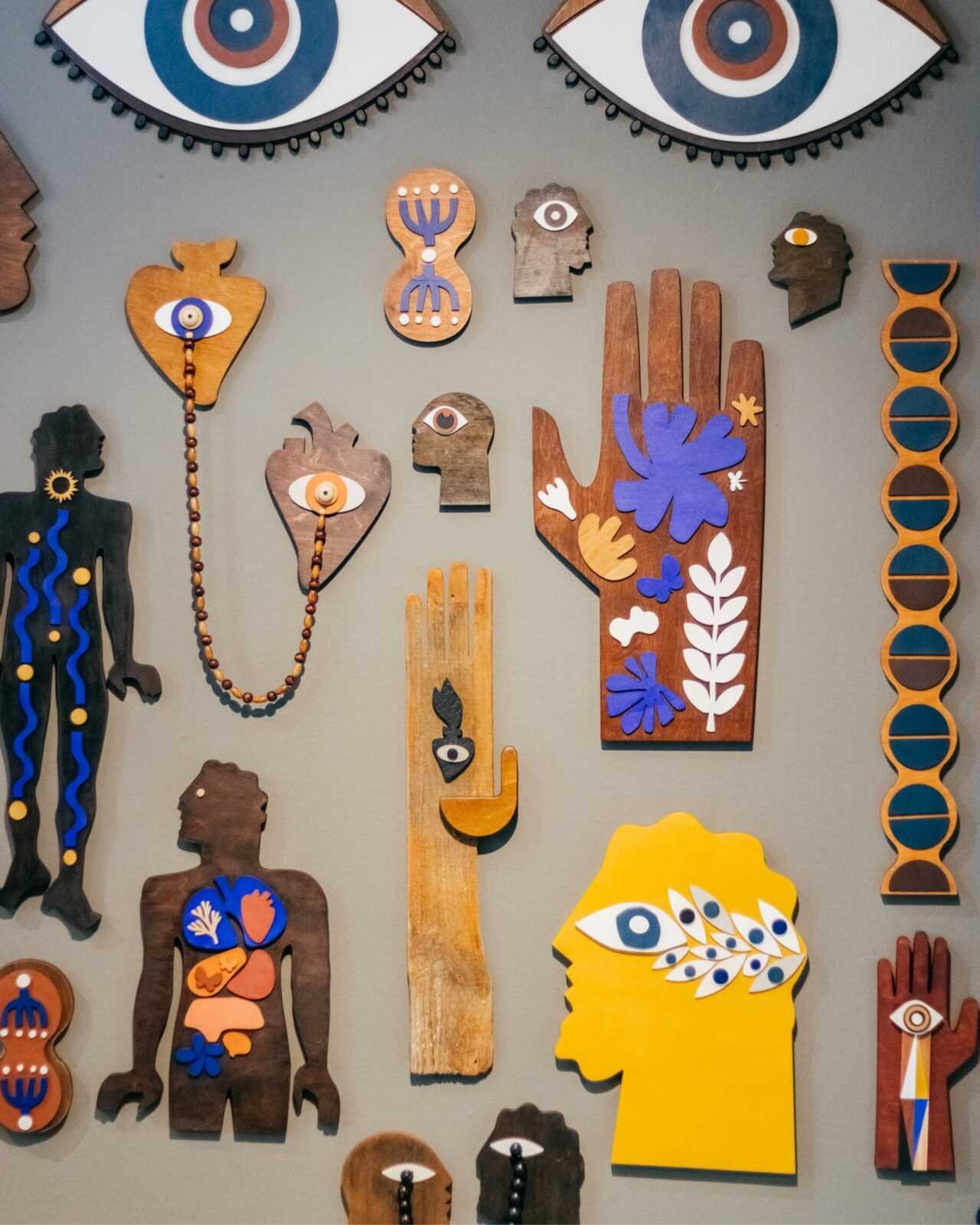Discovering Lisbon’s Hidden Museums
Lisbon, the vibrant capital of Portugal, is renowned for its rich history, stunning architecture, and lively culture. While many visitors flock to its famous attractions like the Jerónimos Monastery and Belém Tower, the city also boasts a collection of lesser-known museums that offer unique insights into its diverse heritage. This guide will introduce you to some of these hidden gems, perfect for those looking to explore beyond the usual tourist trail.
Museu da Marioneta
Tucked away in the charming neighborhood of Santos, the Museu da Marioneta (Puppet Museum) is a delightful find for both children and adults. Housed in a former convent, this museum is dedicated to the art of puppetry, showcasing a fascinating collection of puppets from around the world. Visitors can explore exhibits that highlight the history and cultural significance of puppetry, with displays ranging from traditional Portuguese puppets to intricate marionettes from Asia and Africa. The museum also offers interactive workshops and performances, making it an engaging experience for all ages. It’s a perfect spot for families or anyone interested in the performing arts.
Museu Nacional do Azulejo
While the Museu Nacional do Azulejo (National Tile Museum) is slightly more known, it remains a must-visit for those interested in Portuguese art and history. Located in a stunning 16th-century convent, this museum is dedicated to the traditional art of azulejos, the decorative ceramic tiles that are a hallmark of Portuguese architecture. The museum’s collection spans five centuries, showcasing the evolution of tile-making techniques and styles. Highlights include a breathtaking panoramic tile mural of Lisbon before the 1755 earthquake and a beautiful chapel adorned with intricate tile work. The museum provides a unique perspective on how these tiles have shaped Portuguese culture and aesthetics.
Museu do Fado
For music enthusiasts, the Museu do Fado offers an intimate look at the soulful music genre that is synonymous with Lisbon. Situated in the historic Alfama district, this museum celebrates the history and cultural impact of fado music. Through a combination of audio-visual displays, photographs, and memorabilia, visitors can trace the evolution of fado from its origins in the 19th century to its recognition as a UNESCO Intangible Cultural Heritage. The museum also hosts live performances and workshops, allowing visitors to experience the emotive power of fado firsthand. It’s an essential stop for anyone wanting to understand the heart and soul of Lisbon’s musical heritage.
Exploring these lesser-known museums in Lisbon provides a deeper understanding of the city’s cultural tapestry. Each museum offers a unique perspective, whether it’s through the whimsical world of puppetry, the artistic beauty of azulejos, or the haunting melodies of fado. By venturing off the beaten path, you’ll discover a side of Lisbon that is rich in history, creativity, and tradition.
